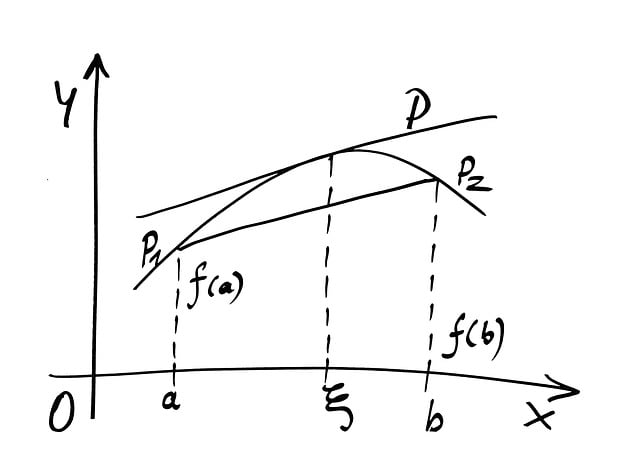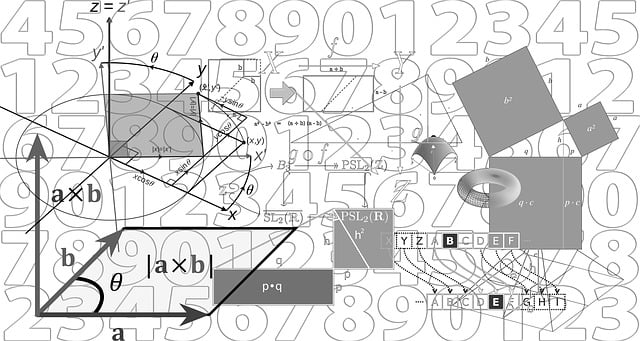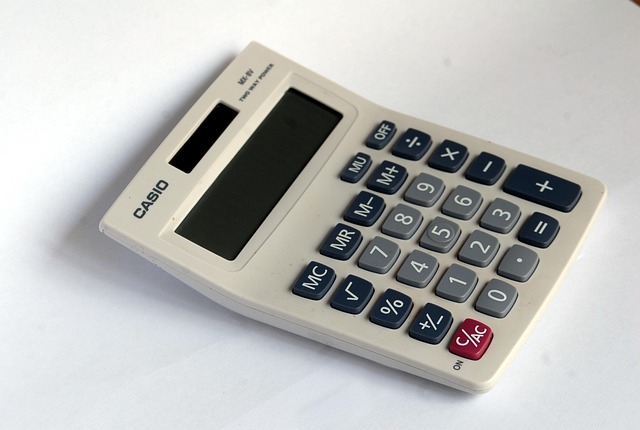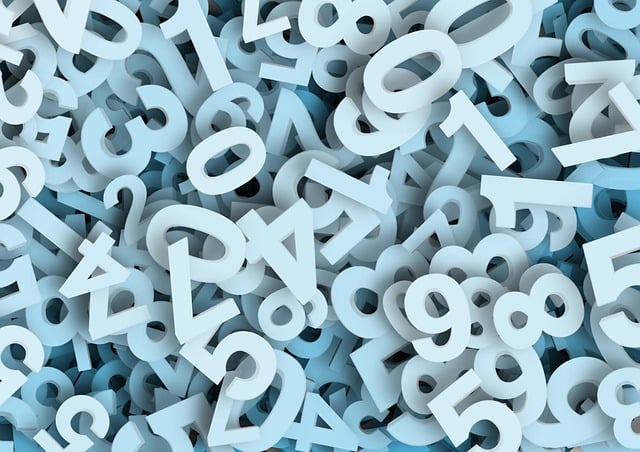Understanding the Math of Online Casinos is crucial for strategic gameplay. Odds represent probability ratios, influencing decisions across all gaming platforms. By grasping probabilities, players can choose games with better return-to-player (RTP) percentages and implement tactics like poker strategies to improve winning chances. Casinos calculate odds, consider house advantages, analyze player behavior, and optimize game settings to ensure profitability while providing tailored experiences. Informed decision-making requires studying paytables, RTPs, and game dynamics, as strategic play involves calculated risks based on probability insights.
“Unraveling the Math of Online Casinos: Understanding Odds and Strategies. In the world of online gaming, odds play a pivotal role, dictating the house edge and shaping players’ chances of winning. This article delves into the basics of probability, exploring how casinos calculate and leverage odds to their advantage. We’ll also guide players through effective strategies for navigating these mathematical intricacies in various online casino games, empowering them with knowledge to make informed decisions.”
- Understanding Odds: The Basics of Probability in Online Gaming
- How Casinos Calculate and Use Odds to Their Advantage
- Strategies for Players: Navigating Odds in Online Casino Games
Understanding Odds: The Basics of Probability in Online Gaming

Understanding odds is fundamental to navigating the math of online casinos. In simple terms, odds represent the likelihood of a particular event occurring, often expressed as a ratio of favorable outcomes to possible outcomes. For instance, if you place a bet on red in a roulette game, the odds are typically 1:2, meaning there’s one chance that the ball will land on red (favorable outcome) for every two chances it could land on black (unfavorable outcomes). This basic concept of probability applies across various online gaming platforms.
In online casinos, mastering odds can give players a significant edge. By calculating and understanding probabilities, gamers can make informed decisions, such as choosing games with higher return-to-player percentages or implementing strategies in games like poker where odds play a crucial role. This knowledge empowers players to manage their bankrolls effectively and increase their chances of winning, making the experience more enjoyable and potentially lucrative.
How Casinos Calculate and Use Odds to Their Advantage

Casinos meticulously calculate odds to ensure they maintain a consistent edge over players, which is the foundation of their business model in the Math of Online Casinos. These calculations are based on probability theory, factoring in the house’s advantage for each game. For instance, in roulette, the casino understands that certain numbers have a 1-in-37 chance of being selected, leading them to set their odds accordingly. By offering slightly worse odds than pure mathematical probability would dictate, casinos ensure they profit over time.
This strategic approach extends beyond individual games. Casinos analyze player behavior and trends to refine their odds further. They track winning patterns, adjust paytables in slot machines, and modify table limits to manage risk while maximizing revenue. This continuous optimization ensures that the casino remains profitable while providing a fair, yet tailored, gaming experience for all players.
Strategies for Players: Navigating Odds in Online Casino Games

When it comes to the math of online casinos, understanding odds is key for players looking to make informed decisions. Each game has its unique probability landscape, and recognizing these odds can give players a significant edge. For instance, slot machines typically have lower house edges compared to table games like roulette or blackjack. Players should study the paytables and understand the return-to-player (RTP) percentages, which indicate the theoretical average payout over time.
Strategic play involves using basic math skills to calculate probabilities and make calculated risks. In games like blackjack, knowing when to hit or stand can reduce the house edge. For example, hitting a 16 against a dealer’s 7 increases your odds of reaching a higher total, but it’s crucial to know when to take a risk and when to hold. Online casino software often provides historical data and analytics, enabling players to track their performance and identify patterns, further enhancing their understanding of game dynamics and odds.
The math behind online casinos, often veiled as complex odds, is a fascinating interplay between probability and strategy. By understanding how casinos calculate and utilize these odds, players can make informed decisions and navigate the virtual gaming landscape with enhanced awareness. This knowledge equips folks with the tools to recognize advantageous opportunities, ultimately fostering a more engaging and rewarding experience within the realm of online casino games.






